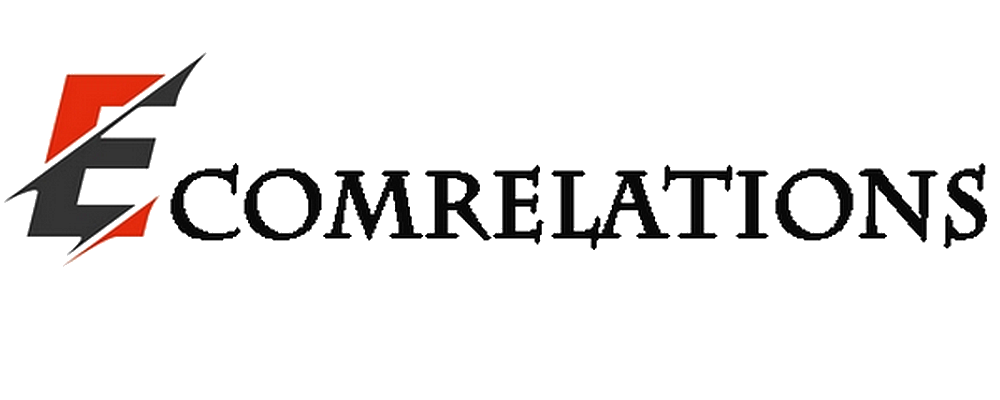Over the past few decades, renewable energy sources have become increasingly popular and accessible due to a number of factors. During this time, green energy technology has grown tremendously and people are beginning to switch to sustainable energy in order to take advantage of the various benefits it can offer.
Before diving into sustainable energy, any smart investor will consider whether or not installing solar energy in their home or business is a good idea. To know whether or not you should invest in solar energy, you should first take the time to understand the main benefits of solar energy and how this energy source can benefit you.
Read on to learn more about the power of solar energy and why you should consider investing in solar panels.
Are solar panels worth the cost?
There is an ongoing debate about the cost of solar panels, but when you consider all aspects, is the financial investment really as great as is often thought? There are many aspects to solar panel installations that need to be considered when discussing the economic pros and cons of using solar energy.
First of all, as any solar panel user will tell you, solar systems generally prove to be much cheaper, in the long run, than continuing to use grid power. This is due to several things. The first is that once a solar panel system has been installed and the initial costs have been paid, there are no more costs to pay. Similar to buying a house versus renting, once the house is paid for, you can do whatever you want with it and you don't have to invest any more if you decide not to. However, with solar panels, there is no need to spend more because a solar system can last up to 30 years, which exceeds the usual 25-year warranty.
Since the energy you use in your home or business will be powered directly by sunlight, you won't have to deal with fluctuating electricity bills unless you use grid power for nighttime use. It is also possible to install a battery with the solar system to ensure that the excess energy collected by the sun's rays during the day can also power your home or business at night, eliminating the need to rely entirely on grid power.
In addition, there are a variety of economic benefits to using solar energy, offered by power companies in the form of "feed-in tariffs" for using the excess energy collected by your solar equipment and sent directly to the grid, as well as tax breaks from government agencies. Be aware that you may need to install a new electric meter if you are still using the old analog meter. This means that those who invest in solar power for their own property can generally expect a quick return on their investment and, from there, growth only.
Are solar panels sustainable?
Solar energy is one of the newest forms of so-called "green" energy used around the world. This means that solar panels can be installed on buildings, residential areas, or in open fields, where they can receive the energy transmitted by the sun's rays.
The sun is a renewable resource, it is an inexhaustible form of energy that provides energy without polluting. Solar panels can transform this energy into electricity to power our homes and businesses without causing environmental damage or emitting greenhouse gases like those produced by the use of fossil fuels or nuclear power.
Are solar panels reliable?
Solar energy requires very little maintenance and can allow the user to live virtually off the grid. But are solar panels reliable? Can they withstand the elements? Can they be properly maintained? The answer to these questions is simply "yes". Solar panels should be cleaned once a year with a garden hose to remove debris or leaves that block the cells, but no other maintenance is required.
Photovoltaic (PV) solar cells are strong, efficient and durable. This means there is no need to worry about weather variations and they work well even in remote locations or in places where the weather is often cloudy, making solar power a wise investment.


